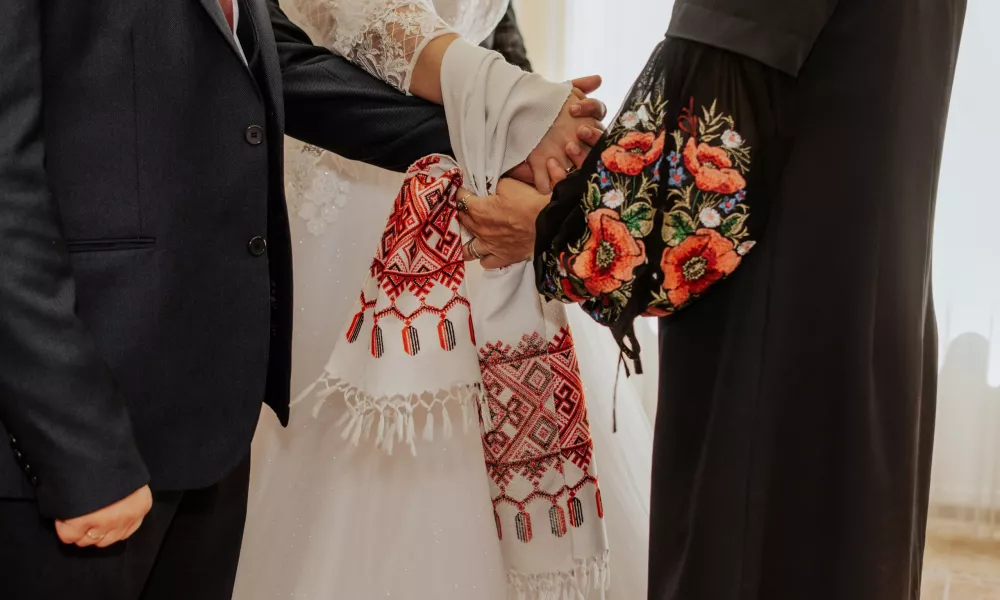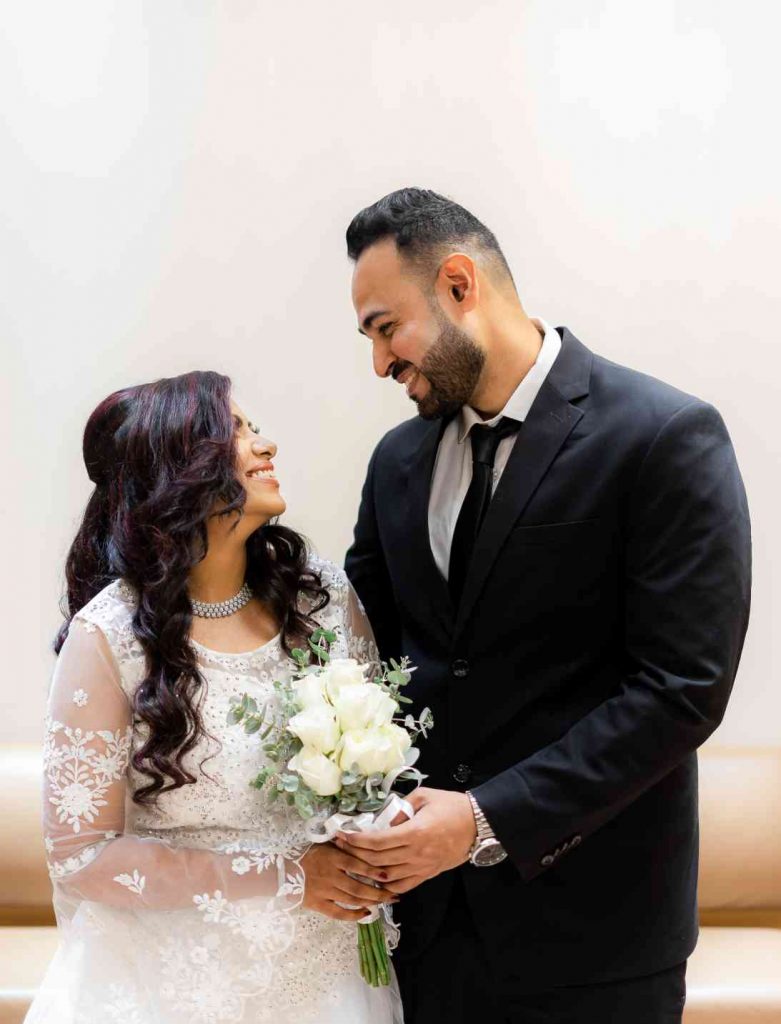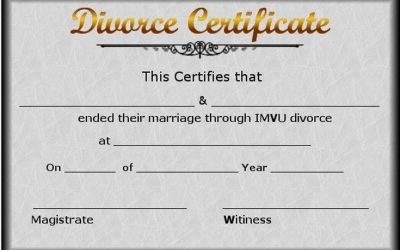
Court Marriage in Fujairah For Muslim: A Complete Legal Guide
Table of Contents ▼
Court marriage in Fujairah for Muslims follows the Islamic framework under the supervision of the Sharia Court Fujairah. It ensures that every aspect of the marriage complies with both religious and legal standards. This article provides a step-by-step breakdown of Muslim marriages in the UAE and includes essential details for couples planning their Nikah ceremony Fujairah, especially those navigating interfaith weddings UAE.
Table of Contents
Overview of Muslim Court Marriage in Fujairah
A Muslim marriage UAE is governed by Sharia law and formalized in the Sharia Court. The legal process ensures protection for both parties and emphasizes Islamic traditions such as mutual consent, dowry (Mahr), and the presence of witnesses. In Fujairah, the court marriage process is well-structured, providing a reliable legal framework for residents and expats alike.
Legal Requirements for Muslim Court Marriage in Fujairah
To initiate a court marriage in Fujairah, couples must meet specific conditions:
- Both partners must be Muslim. If one partner is non-Muslim, conversion to Islam is generally required to proceed with a court marriage.
- Legal age and consent. Both parties must be 18 years or older and willing to marry of their own free will.
- Documentation. Essential documents include:
- Valid passports and Emirates IDs
- Residency visas (if applicable)
- Approval letter from a guardian (for women, if required)
- Divorce or death certificate of previous spouse (if applicable)
- Valid passports and Emirates IDs
These documents must be valid and, if not in Arabic, translated and notarized accordingly.

Role of the Sharia Court in Mulsim Marriages in Fujairah
The Sharia Court Fujairah plays a central role in formalizing Muslim marriages:
- Marriage Contract Approval. The court verifies consent, dowry, and eligibility.
- Supervision of Nikah Ceremony. The court ensures that the marriage adheres to Islamic principles.
- Registration. Once approved, the Nikah contract is legally registered, and a marriage certificate is issued.
This process guarantees that the marriage is both legally and religiously binding in the UAE.
Witness Requirements
Witnesses are essential in all Islamic wedding laws UAE:
- A minimum of two male Muslim witnesses is required. Alternatively, one male and two female Muslim witnesses are acceptable.
- Witnesses must be adults of sound mind and hold a good reputation.
Their presence validates the Nikah and ensures the transparency and mutual consent of both parties.
The Process of Muslim Court Marriage in Fujairah
1. Preparing Documents
Before starting the application, collect and prepare the following:
- Passports and Emirates IDs
- Residency permits (if applicable)
- Guardian’s approval letter (for brides)
- Proof of divorce/death if previously married
Note: Non-Arabic documents must be translated into Arabic by a certified translator and notarized.
2. Filing the Application
- Visit the Sharia Court Fujairah
- Submit the required documents along with the completed marriage application form
- Pay court processing fees
3. Court Proceedings
- Both parties and witnesses must appear at the court
- The judge verifies the consent, dowry agreement, and documentation
- Once verified, the judge officiates the Nikah ceremony Fujairah
- A legal marriage certificate is issued
The entire process is typically completed within a few working days if documents are in order.

Key Differences Between Muslim and Non-Muslim Marriages
1. Islamic Marriage (Nikah)
- Governed by Sharia law
- Requires witnesses, dowry (Mahr), and consent
- Conducted under the Sharia Court
- Focuses on religious obligations
2. Civil Marriage
- Governed by UAE civil law
- Suitable for non-Muslim or interfaith couples
- No religious elements required
- Conducted through civil family courts
For couples planning interfaith weddings UAE, civil marriage may be the only legal option. Muslim women are generally not permitted to marry non-Muslim men unless the man converts to Islam.
Local Wedding Services in Fujairah
Fujairah offers comprehensive services for couples planning both traditional and court marriages. From wedding planners Fujairah to wedding decorators in Fujairah, couples can personalize their special day. These local experts help organize pre-marital paperwork, ceremony logistics, and reception events.
Hiring professional wedding planners in Fujairah can streamline the legal process and enhance the cultural and aesthetic aspects of your Islamic or civil wedding.
Can a Muslim marry a non-Muslim in Fujairah?
Yes, a Muslim man can marry a Christian or Jewish woman. However, if the woman belongs to another religion, conversion to Islam is required.
Can a Muslim woman marry a non-Muslim man in the UAE?
No, under Islamic wedding laws UAE, a Muslim woman cannot marry a non-Muslim man unless he converts to Islam. For such cases, couples often seek to legalize interfaith marriage UAE through civil marriage abroad or in Abu Dhabi.
Is dowry mandatory for Muslim marriages in Fujairah?
Yes, the dowry system Fujairah (Mahr) is mandatory in Islamic marriages. It must be mutually agreed upon and documented during the marriage process.
What’s the difference between civil and Islamic marriage in the UAE?
A civil marriage is secular and legal under UAE law but not religious. An Islamic marriage (Nikah) is a religious ceremony validated by the Sharia Court Fujairah. Couples should choose the process that suits their religious and legal situation.
Are wedding decorators in Fujairah available for court weddings?
Yes, many Fujairah wedding decorators offer customized services for Nikah ceremonies and court marriages. They can help create a respectful and beautiful environment in line with Islamic customs.
Can wedding planners in Fujairah assist with court marriage paperwork?
Absolutely. Most wedding planners Fujairah offer packages that include legal assistance, document translation, and court appointments to simplify the process.
Final Thoughts
Getting married in Fujairah as a Muslim couple involves religious commitment and legal compliance. The structured support of the Sharia Court Fujairah, combined with expert help from wedding planners in Fujairah, ensures a smooth experience. Whether you’re planning a traditional Nikah ceremony Fujairah or need to legalize interfaith marriage UAE, understanding your options will help you take the right step toward your future together.


